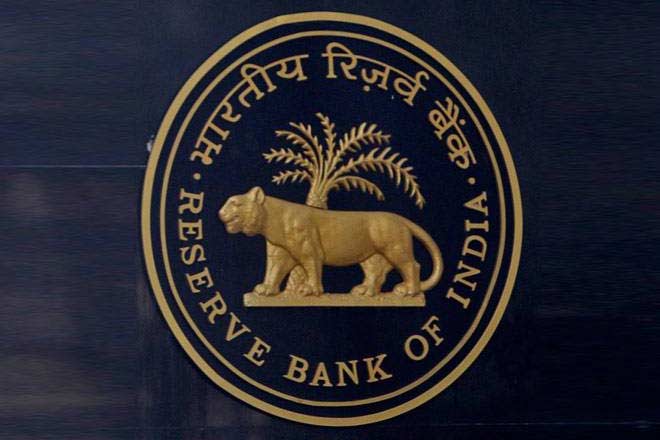Seeks feedback on draft by Aug 23
The Reserve Bank of India is planning to rationalise the existing provisions governing overseas direct investment regulations under the Foreign Exchange Management Act (FEMA), 1999.
This is to further liberalise the regulatory framework and promote ease of doing business, per the RBI’s draft Foreign Exchange Management/FEM (Non-debt Instruments – Overseas Investment) Rules, 2021 and the draft Foreign Exchange Management (Overseas Investment) Regulations, 2021.
Where a person resident in India wants to make any financial commitment or disinvesting such financial commitment has an account appearing as a Special Mention Account-1/2 or non-performing asset (NPA) or wilful defaulter or is under investigation by a regulatory body or investigative agencies in India, a no-objection certificate has to be obtained from these entities before making financial commitment or undertaking disinvestment of such financial commitment.
Where the disinvestment by the person resident in India pertains to ODI, the transferor shall not have any dues outstanding for receipt.
Restrictions
A person resident in India is prohibited from making ODI in a foreign entity engaged in (i) Real estate activity; (ii) Gambling in any form; and (iii) Offering financial products linked to Indian Rupee except for products offered in an International Financial Services Centre (IFSC).
Overseas investment by a person resident in India shall not be made in a foreign entity located in countries/ jurisdictions that are not FATF (Financial Action Task Force)and IOSCO (International Organisation of Securities Commission) compliant country or any other country/ jurisdiction as may be prescribed by the Central Government.
The Financial Commitment by a person resident in India in a foreign entity that has invested or invests into India which is designed for the purpose of tax evasion/ tax avoidance by such person is not permitted and any contravention under this rule shall be considered to be a contravention of serious/sensitive nature.
Acquisition of immovable property outside India (1) A person resident in India may acquire immovable property outside India by way of inheritance or gift or purchase from a person resident in India who has acquired such property as per the foreign exchange provisions in force at the time of such acquisition.
ODI in financial entity
An Indian entity which is engaged in financial services activity in India may make ODI in a foreign entity, which is directly or indirectly engaged in financial services activity subject to conditions, including the regulated Indian entity Indian entity posting net profits during the preceding three financial years.
An listed India entity having a minimum net worth of ₹500 crore based on the last audited balance sheet, can make ODI including by way of contribution in an Overseas Technology Fund, for the purpose of investing in overseas technology start-ups engaged in an activity which is in alignment with the core business of such Indian entity.
An Indian entity may engage in agricultural operations, including purchase of land incidental to such activity, either directly or through an office outside India.
Financial commitment
The total financial commitment made by an Indian entity, excluding capitalization of retained earnings, in all the foreign entities taken together at the time of undertaking such commitment shall not exceed 400 per cent (or as directed by the Reserve Bank from time to time) of its net worth as on the date of the last audited balance sheet.
However, financial commitment made by “Maharatna” public sector undertakings (PSUs) or “Navratna” PSUs or subsidiaries of such PSUs in foreign entities outside India engaged in strategic sectors shall not be subject to the limits laid down above.
The limit shall not apply where the investment is made out of the balances held in its EEFC (Exchange Earners Foreign Currency) account.
Team – Intellex Strategic Consulting Pvt Ltd
Intellexconsulting.com, Economiclawpractice.com, Startupstreets.com, BuySellMergers.com


The regulator also intends to introduce late submission fee for delayed reporting of overseas direct investments (ODI) by Indian parties and resident Indians